Male to Female Jumper Wires
The Male to Female Jumper Wires are the go-to solution for seamless and reliable circuit prototyping. These wires are specifically designed to connect male header pins (on sensors or modules) to female headers (on breadboards or development boards like Arduino or Raspberry Pi).
Perfect for IoT projects, sensor interfacing, and breadboarding, the male-to-female configuration eliminates the need for soldering and supports quick plug-and-play connections between components. The jumper wires come in assorted colors, making it easier to track connections and organize your circuits effectively.
These wires are highly flexible, reusable, and built with tinned copper conductors for low resistance and optimal signal transmission. The standard 2.54mm pitch ensures compatibility with most microcontrollers, including NodeMCU and other development kits.
Key Features:
-
✅ Male-to-Female Design: Ideal for connecting sensors to breadboards or dev boards
-
✅ Flexible & Reusable: Great for repeated prototyping and circuit changes
-
✅ Color-Coded: Easy wire tracking for debugging
-
✅ Standard Pitch (2.54mm): Compatible with most boards and modules
-
✅ High Conductivity: Ensures solid connections and low signal loss
Applications and Use Cases:
-
🔌 Connect sensors/modules to Arduino, Raspberry Pi, or NodeMCU
-
🧪 Create breadboard circuits using sensor breakout boards
-
📡 Ideal for IoT automation, smart home projects, and robotics
-
🔧 Pair with jumper extensions, motors, LEDs, or power modules
-
🛠️ Great for STEM learning, prototyping, and educational labs
Technical Specifications:
-
Connector Type: Male to Female
-
Pin Pitch: 2.54mm (standard)
-
Wire Length: Typically 20cm (varies by pack)
-
Wire Core: Tinned copper
-
Insulation: Durable PVC
-
Compatibility: Breadboards, Arduino, Raspberry Pi, sensors, modules
Precautions:
-
⚠️ Do not bend near connector ends excessively
-
⚠️ Confirm polarity when connecting power lines
-
⚠️ Store wires untangled for long-term reuse
-
⚠️ Avoid overcurrent—use within circuit rating
Recommended Pairings:
-
Complements Arduino and Accessories and NodeMCU
-
Works great with Electronics Components for testing and prototyping
-
Useful with Tools and Accessories for project assembly and circuit building




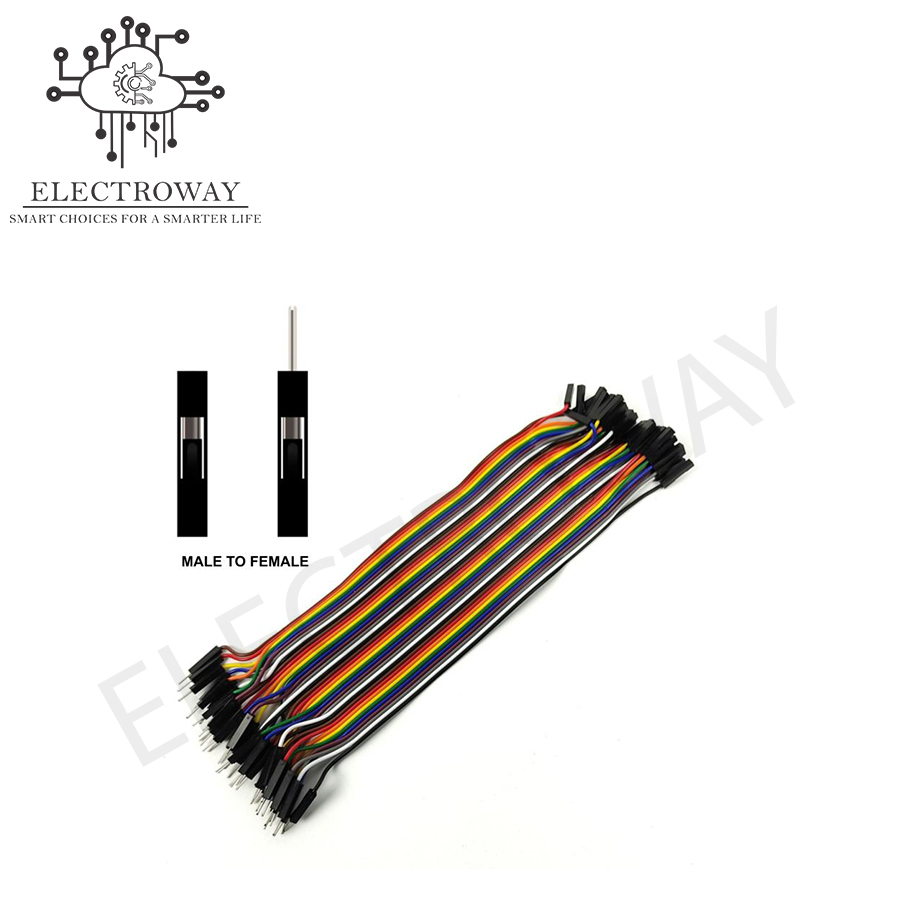
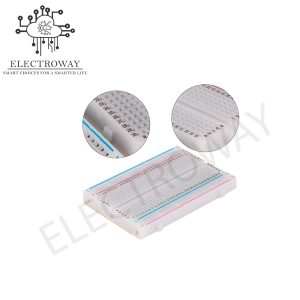
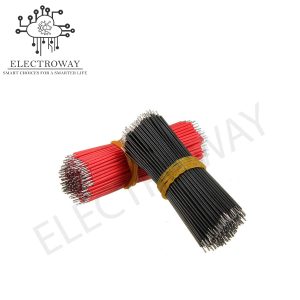
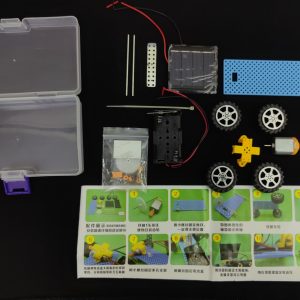
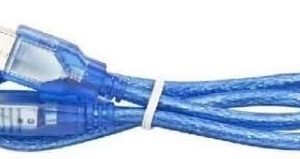
Reviews
There are no reviews yet.